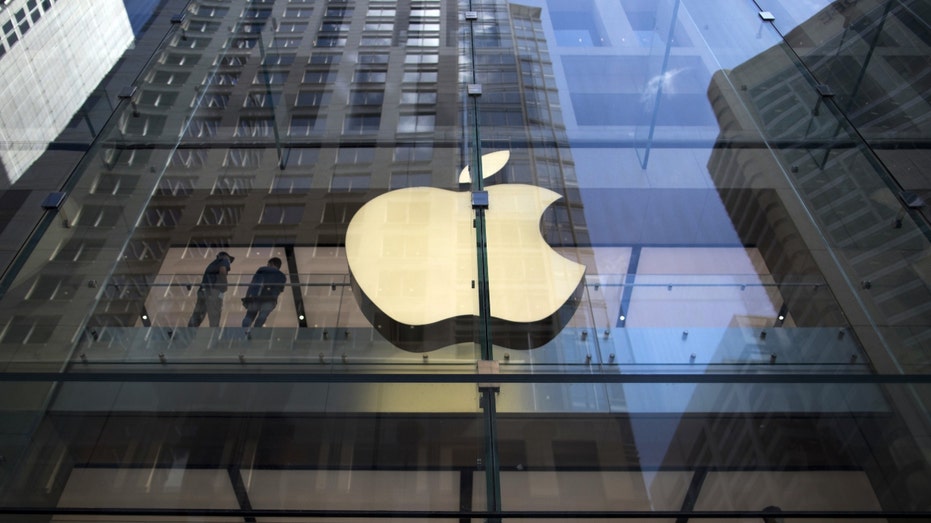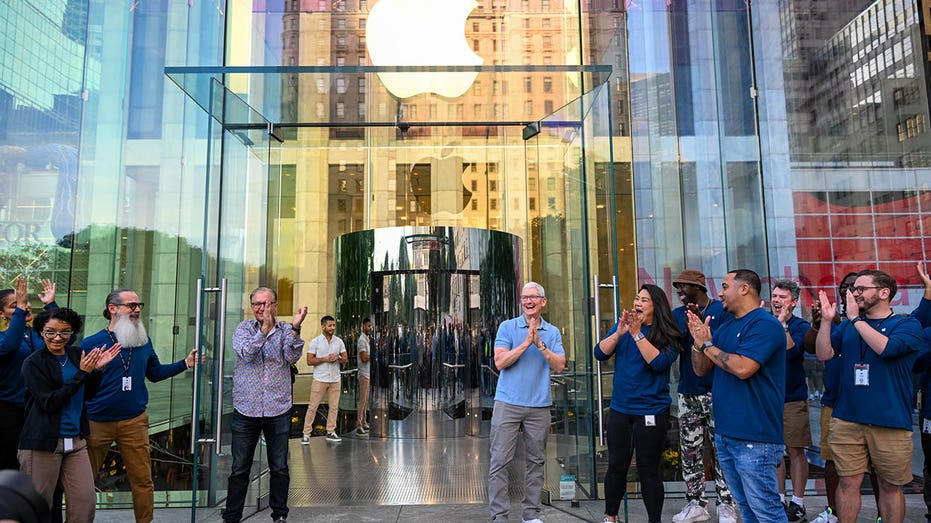Biden DOJ takes aim at Apple even though consumers love it
Apple has 57% of the US market but only 20% globally, hardly worthy of attack by Biden's DOJ
Apple lawsuit will be 'messy, drawn out' for the markets: Adam Turnquist
LPL Financial chief technical strategist analyzes this week's market movers and which sectors are worth investing in right now.
Apparently, nothing irritates the Biden administration more than a successful business. Apple is the latest target of the Justice Department’s ongoing crackdown on what they say are high-tech monopolies.
The DOJ has already filed actions against Amazon, Google and Meta platforms. This time they, along with 15 state attorneys general and Washington D.C., allege in a suit filed in the U.S. District Court of New Jersey that Apple’s policies hurt consumers and competitors.
They contend the company deliberately makes it harder for users to switch to non-Apple devices and prevents competitors from offering alternatives to its services, such as digital wallets. The allegations concern not only smartphones but also web browsers, advertising services and more.
DOJ SUES APPLE IN ANTITRUST CASE, ALLEGING ILLEGAL SMARTPHONE MARKET MONOPOLY
Apple fiercely denies the charges and vows it will "vigorously defend" against them. And a lot of people think they have solid ground to stand on.

Apple is one of America's most-popular companies. But that doesn't stop government from going after it. FILE: The Apple Inc. logo at one of the company's stores in Sydney, Australia, on Friday, March 18, 2022. (Brent Lewin/Bloomberg via Getty Images / Getty Images)
For one thing, Apple’s iPhone has just 57% of the U.S. smartphone market. Globally, it’s only about 20%. That’s hardly a monopoly. Android serves 41% of U.S. phone users, which clearly indicates that people who prefer not to use Apple’s devices are able to easily find an alternative product. Again, that does not fit the definition of a monopoly.
What the DOJ, politicized by President Joe Biden’s campaign strategy to "go after" Big Tech, fails to realize that people choose to use iPhones, or buy other Apple merchandise, simply because they like them.
GET FOX BUSINESS ON THE GO BY CLICKING HERE
Apple is one of America’s favorite companies. It doesn’t sell a lot of phones by forcing them on consumers, it simply makes a good product.
Apple has been one of the world’s great innovators for almost 50 years. Started in a California garage in the 1970s, Apple now holds 95,500 patents and continues to file thousands of new ones each year. Putting the government in charge of how Apple designs and develops its products would put the brakes on one of the strongest economic engines in the U.S. economy.

Apple CEO Tim Cook (center, R) and Worldwide Marketing SVP Greg Joswiak (center, L) welcome people to the Apple Store ahead of the launch of Apple’s new iPhone 15 on September 22, 2022, in New York City. (Photo by Alexi Rosenfeld/Getty Images)
Talking to CNBC, an Apple spokesperson said: "This lawsuit threatens who we are and the principles that set Apple products apart in fiercely competitive markets. If successful, it would hinder our ability to create the kind of technology people expect from Apple — where hardware, software and services intersect. It would also set a dangerous precedent, empowering government to take a heavy hand in designing people’s technology."
CLICK HERE TO READ MORE ON FOX BUSINESS
That’s a pretty legitimate argument. It indeed would be a dangerous precedent to weaponize the DOJ to bring down a U.S. company that meets the needs of consumers, employs thousands of workers and generates significant tax revenues at every level of government. Why would the government want to do that?
The intensely competitive tech market, where companies continually work to develop better products, services and technologies, is much more capable than the Biden administration of deciding Apple’s future. Keep the DOJ out of it.
CLICK HERE TO READ MORE BY STEVE FORBES
Steve Forbes is Chairman and Editor-in-Chief of Forbes Media. His latest book, "Reviving America: How Repealing Obamacare, Replacing the Tax Code, and Reforming the Fed will Restore Hope and Prosperity".





















